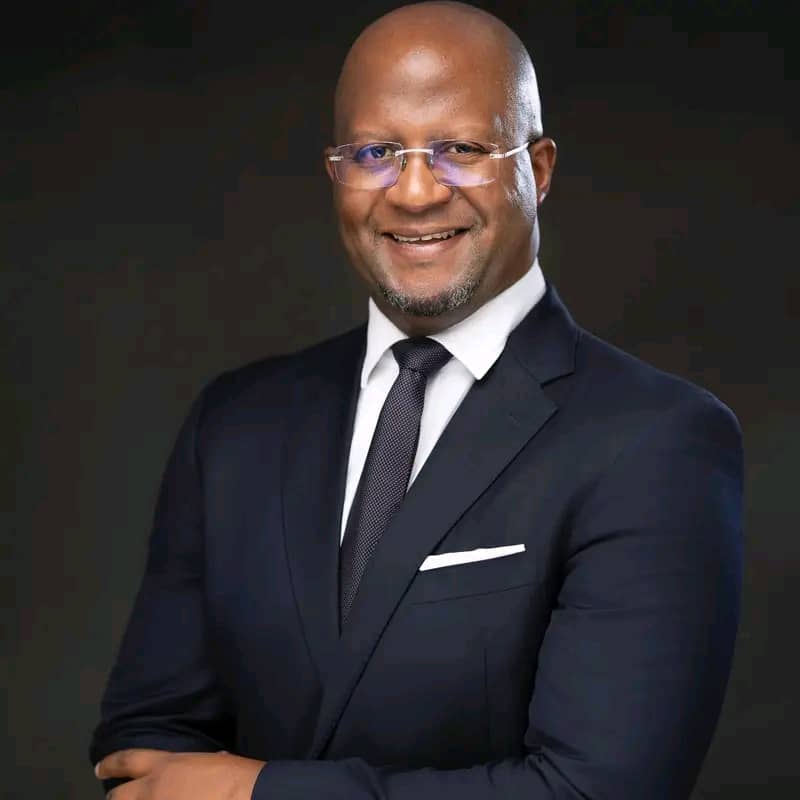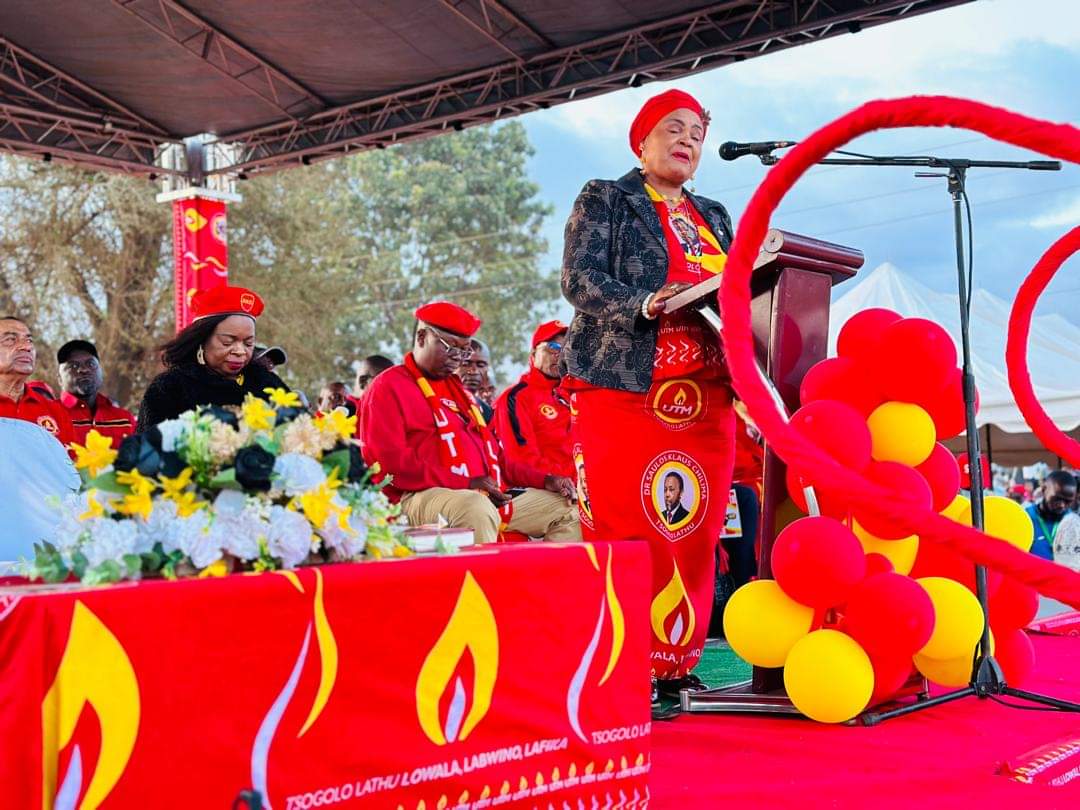By Burnett Munthali
In the world of politics, numbers do not lie—but the narratives built around them often do. In 2019, the Democratic Progressive Party (DPP) under Peter Mutharika secured 1.9 million votes in the general elections. This was a significant show of support for a ruling party facing mounting criticism and dwindling popularity.
A year later, during the court-sanctioned 2020 fresh presidential elections, the DPP entered the race with a strategic alliance, choosing United Democratic Front (UDF) leader Atupele Muluzi as Mutharika’s running mate. Despite the combined front, the DPP-UDF alliance garnered only 1.7 million votes—a decrease of 200,000 from the previous election.
Atupele Muluzi has repeatedly suggested that the votes attained in the 2020 election reflected a strong performance that he and the alliance “garnered single-handedly.” Such framing is not only misleading but also deflects responsibility from what was a disappointing outcome.
If Muluzi is indeed sincere about “setting the record straight,” he must stop inflating his political value through selective recollection of electoral outcomes. A truthful reflection should recognize that the alliance lost—not gained—support under his co-leadership.
In fact, the reduction of 200,000 votes between 2019 and 2020 raises legitimate questions about Muluzi’s impact on the DPP’s support base. There are valid arguments that some traditional DPP supporters, skeptical of the UDF partnership or unimpressed by Muluzi’s political track record, opted to stay away from the ballot altogether.
For a party that once commanded nearly two million votes, the decline was significant, and it cannot be written off as incidental or disconnected from the leadership choices made. Politics is as much about perception as it is about policy, and for many, the DPP-UDF alliance was a mismatch rather than a merger of strengths.
Furthermore, the loss in 2020 occurred in a context where the electorate was more energized, the opposition more unified, and the call for change louder than ever before. These dynamics required bold and transformative leadership, not recycled narratives and legacy politics.
Atupele Muluzi’s constant reference to his youthful image and past ministerial roles no longer excites a generation burdened by unemployment, corruption, and broken promises. The numbers show that instead of energizing the electorate, his inclusion may have contributed to disillusionment among some voters.
If the DPP and its prospective allies wish to mount a credible challenge in 2025, they must confront these truths rather than sugarcoat them. Electoral success in the past does not guarantee political capital in the future, especially when past failures are repackaged as victories.
Atupele Muluzi should be honest enough to admit that the 2020 numbers were not a triumph, but a setback. Until then, every attempt to rewrite history will only erode his credibility further and hinder any serious bid for leadership in a new political era.




